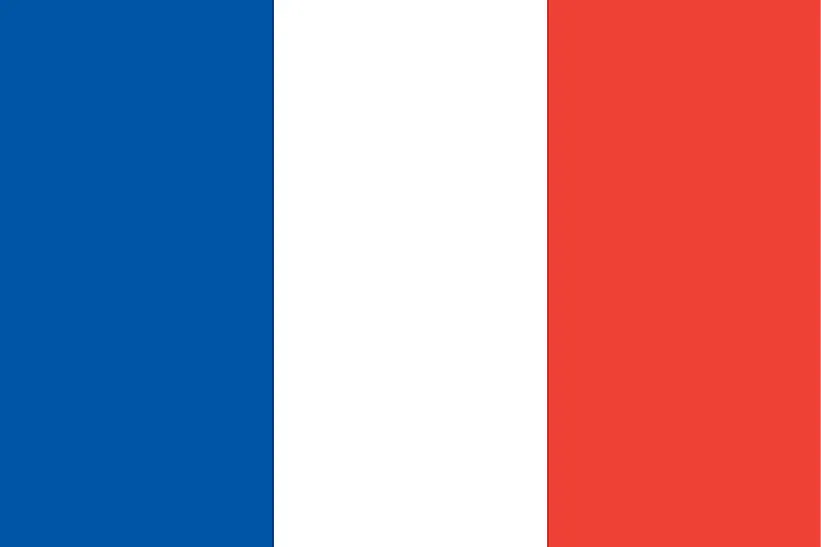
France
| Continent | Europe |
| Capital | Paris |
| Population | 66,836,154 |
| GDP | $2.70 Trillion |
| GDP per Capita | $42,400 |
| Dialing Code | +33 |
| ISO Code (2-letter) | FR |
| ISO Code (3-letter) | FRA |
About France
Welcome to France, a nation where cultural refinement meets technological advancement in Western Europe. With approximately 67 million people occupying 551,695 square kilometers, France combines rich historical heritage with modern innovation, creating one of the world’s most influential cultures.
Geographic Features and Natural Beauty
France’s geography encompasses remarkable diversity, from the Alps and Pyrenees mountains to the Mediterranean coast and Atlantic shores. The country features varied landscapes including the Loire Valley’s châteaux country, the lavender fields of Provence, and the dramatic cliffs of Normandy.
The Mont Blanc, Western Europe’s highest peak, rises to 4,808 meters in the French Alps. The country’s extensive river systems, including the Seine, Loire, and Rhône, have historically shaped development and commerce. The French Riviera offers Mediterranean beauty, while the Atlantic coast features everything from sandy beaches to rugged coastlines.
The country’s varied climate zones support diverse ecosystems and agricultural regions, from the wine-growing regions of Bordeaux and Burgundy to the alpine meadows of the mountains.
Cultural Heritage and Traditions
French culture represents one of the world’s most sophisticated traditions in art, literature, cuisine, and fashion. The country’s architectural heritage includes Gothic cathedrals, Renaissance châteaux, and modernist innovations, with Paris serving as a living museum of architectural styles.
French cuisine, recognized by UNESCO as intangible cultural heritage, ranges from simple bistro fare to haute cuisine. Wine and cheese making represent centuries-old traditions, with each region maintaining distinctive specialties.
The arts flourish in all forms, from classical music and ballet to contemporary art and cinema. French fashion continues to influence global style, while literature and philosophy maintain their central role in intellectual life.
Historical Journey
France’s history spans from ancient Gaul through medieval kingdoms to modern republic. The French Revolution of 1789 profoundly influenced modern democratic ideals, while the Napoleonic era reshaped European politics and culture.
The country played pivotal roles in both World Wars and subsequently helped establish the European Union. France’s colonial history has created lasting connections with regions worldwide, contributing to its contemporary multicultural character.
Modern Economic Landscape
Today’s France has one of the world’s largest economies, with strengths in aerospace, luxury goods, agriculture, and tourism. The country leads in nuclear power generation and high-speed rail technology, while maintaining traditional excellence in wine, fashion, and gastronomy.
Innovation continues in various sectors, from artificial intelligence to renewable energy. The country’s high-quality infrastructure and educated workforce support its position as a global economic power.
International Relations and Global Position
France maintains significant influence globally as a permanent member of the UN Security Council and a leading force in the European Union. The country’s diplomatic network is one of the world’s most extensive, promoting French culture and interests worldwide.
Did You Know?
• France is the world’s most visited country, receiving around 90 million tourists annually?
• The country has won more Nobel Prizes for Literature than any other nation?
• French law requires supermarkets to donate unsold food to charities?
• The Louvre is the world’s largest art museum?
Conclusion
France represents an extraordinary blend of historical heritage and modern innovation. From its medieval villages to its high-tech industries, from its traditional cuisine to its contemporary arts, France continues to evolve while maintaining its cultural excellence. As it addresses contemporary challenges including sustainability and social inclusion, France remains committed to its role as a global cultural and intellectual leader.





